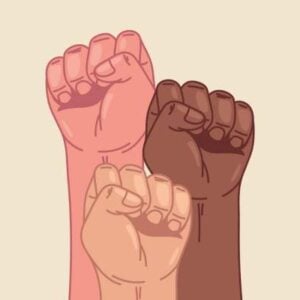In June 2023, the Government of the Republic of South Sudan launched the South Sudan Productive Safety Net for Socioeconomic Opportunities Project (SNSOP), locally known as ‘Shabaka Meisha,’ a five-year, $199 million program funded by the World Bank. The initiative aims to provide cash transfers and income-generating opportunities to vulnerable communities while strengthening the National Safety Net Delivery System. Covering 20 counties and targeting 157,000 households—including 24,000 refugees and 38,500 host community families—the project benefits approximately 1.2 million poor and vulnerable individuals across South Sudan.
Since December 2024, two rounds of cash transfers have been conducted, reaching 87,867 households (615,069 individuals) in 15 counties. These transfers, totaling $11.3 million, have provided crucial relief in a country where up to 92 percent of the population lives below the national poverty line, affected by economic decline, high inflation, and flooding that exacerbate food insecurity. Careful preparation, including biometric registration, household targeting, and establishment of community committees, ensured the effectiveness of these transfers, demonstrating the government’s commitment to socioeconomic stability.
The impact of SNSOP is evident in the lives of beneficiaries. Betty Chongodo from Torit County transformed her life by starting a small business selling vegetables and other goods, using profits to feed her children and pay their school fees. Similarly, Marlin Kiden of Juba County leveraged her first cash transfer to open a small business, enabling her to pay rent and support her children’s education while inspiring other women to pursue entrepreneurship. Josephine Bakhita, another recipient, used her support to buy food, pay school fees, and establish a market stall, significantly improving her family’s living conditions.
These personal stories illustrate that the SNSOP cash transfers are more than temporary relief—they foster dignity, resilience, and self-reliance. By enabling women to establish small businesses and manage household needs, the project empowers families to break free from cycles of poverty and dependency. Beyond immediate support, SNSOP strengthens the government’s capacity to deliver social protection services effectively, laying the foundation for sustainable development.
As South Sudan continues to face high poverty rates, climate shocks, and economic instability, sustaining and scaling up programs like Shabaka Meisha is critical. Timely transfers, robust systems, and expanded livelihood opportunities are essential to ensure that vulnerable households not only survive but also achieve stability, growth, and dignity, creating a pathway toward long-term resilience and community development.







